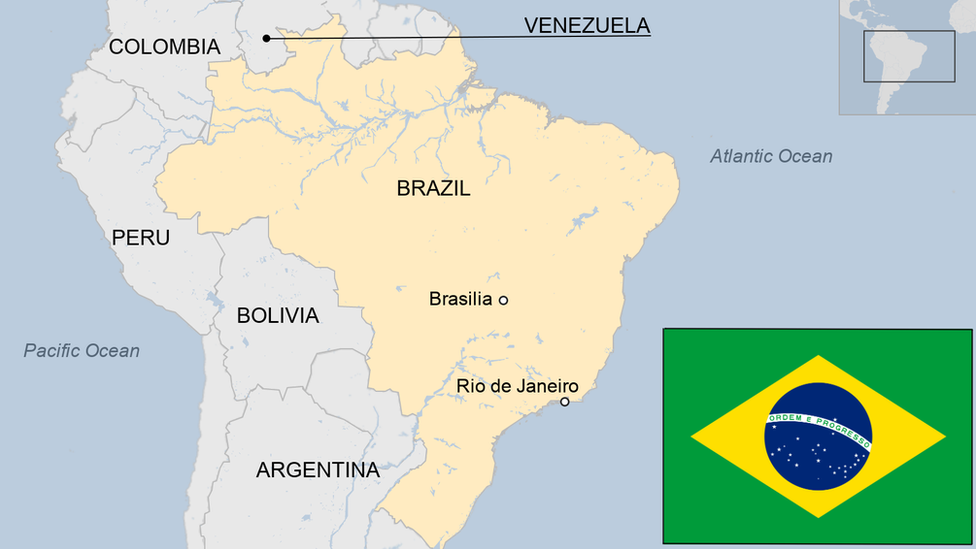Ecuador country profile
- Published
This page is no longer being updated. It was last updated on 15 January 2024

Ecuador is a patchwork of ethnic identities, a complex legacy of its indigenous and colonial past.
Long the heartland of a series of native Andean civilisations, it was taken over by the Peru-centred Inca Empire in the 15th Century, and then Spanish conquerors a century later.
It won independence from Spain in the early 19th Century.
Traditionally a farming country, Ecuador's economy was transformed after the 1960s by the growth of industry and the discovery of oil. There was rapid growth and progress in health, education and housing.
Ecuador has many geographical zones, including Andean peaks, tropical rainforests and - 1,000km (600 miles) off the coast - the volcanic Galapagos Islands, home to the animals and birds whose evolutionary adaptations shaped Charles Darwin's theories.
Violent crime has risen dramatically in recent years and Ecuador has become a hub for drugs gangs due to its location between Colombia and Peru, the top two producers of cocaine in the world.
Read more country profiles, external - Profiles by BBC Monitoring, external
REPUBLIC OF ECUADOR: FACTS
Capital: Quito
Area: 256,370 sq km
Population: 17.2 million
Languages: Spanish, Kichwa, Shuar plus others
Life expectancy: 74 years (men) 80 years (women)
LEADERS
President: Daniel Noboa
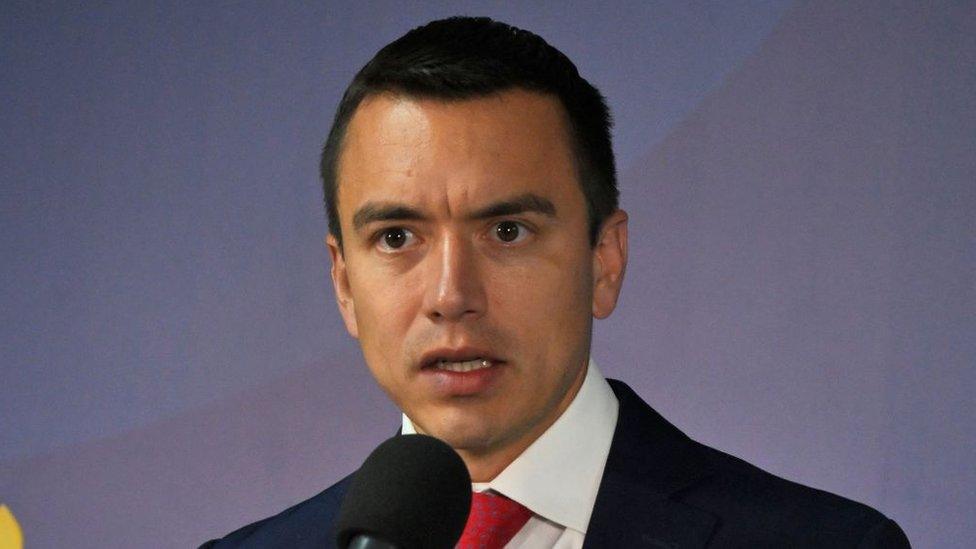
Businessman Daniel Noboa became Ecuador's youngest president, at 35, when he defeated his rival Luisa González, winning 52.3% of the vote in the second round of voting in the country's October 2023 presidential run-off.
The leader of the National Democratic Action party, is the son of Álvaro Noboa, who ran unsuccessfully for the presidency five times.
But he will only have 17 months in office and will govern only to May 2025, due to the fact that the current election was triggered early when outgoing President Guillermo Lasso dissolved parliament amid an impeachment trial.
Ecuador has suffered an increase in gang violence in recent years and the presidential campaign was marred by the assassination in August of candidate Fernando Villavicencio. As a journalist he had campaigned against corruption.
Mr Noboa has suggested moving some of Ecuador's most hardened criminals to prison ships off the Ecuadorean coast, in order to break up the prison gangs which have engaged in deadly warfare inside the country's jails.
MEDIA
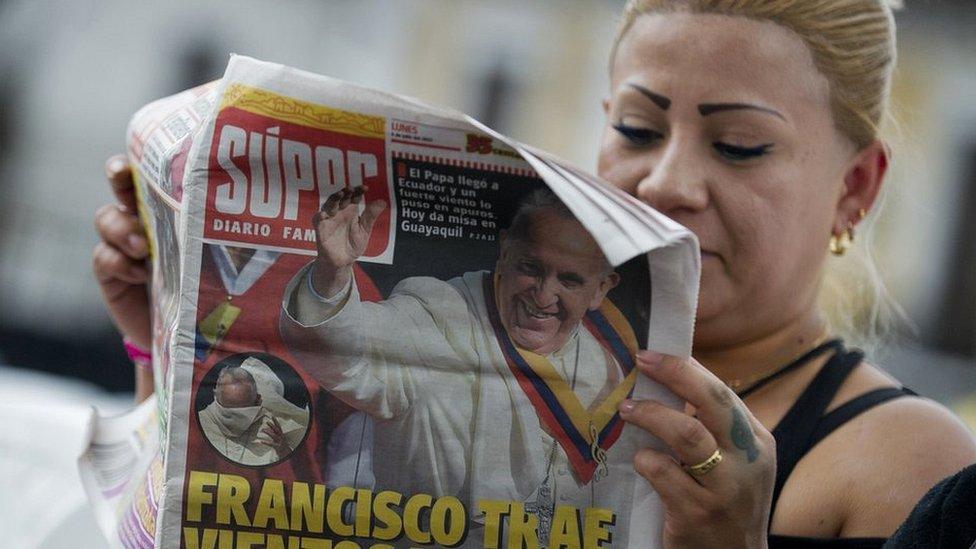
Journalists and media outlets face a hostile political and legal environment, press freedom groups say.
Laws give the government powers to regulate editorial content and impose sanctions.
Radio is a popular medium; there are hundreds of stations, some operating in indigenous languages. Soap operas and US series are staple fare on TV.
TIMELINE
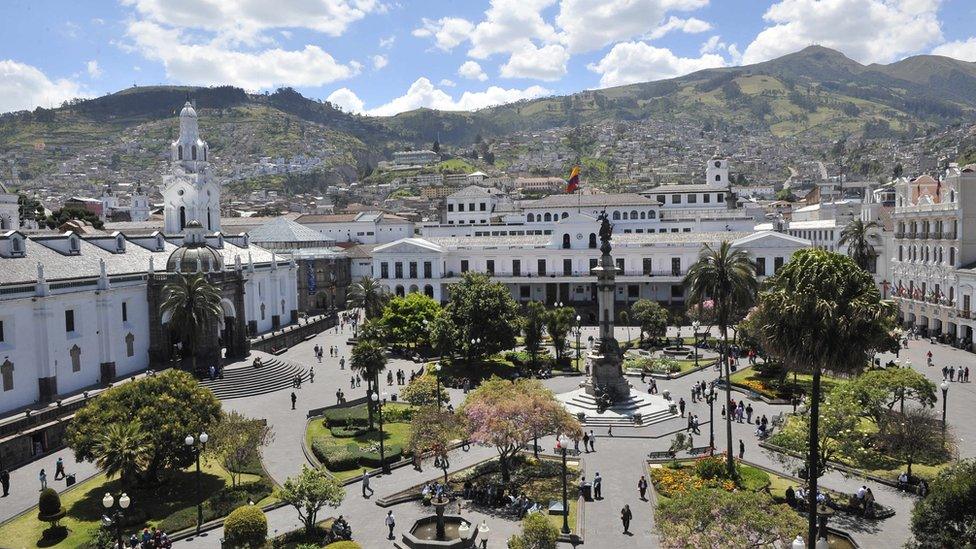
The capital Quito is listed by Unesco as a World Heritage Site
Some key dates in Ecuador's history:
1450s - Incas of Peru conquer the Caras people, whose kingdom had its capital in Quito.
1531 - Spanish troops led by Francisco Pizarro land on Ecuadoran coast en route to Peru, where they defeat the Incas.
1534 - Spanish conquer Ecuador.
1822 - Ecuador becomes part of independent Gran Colombia, which also encompasses Colombia, Panama and Venezuela. Ecuador becomes fully independent in 1830.
1934 - Dr Jose Maria Velasco Ibarra is elected president. In the next 30 years, he will be elected president five times and overthrown four times.
1941 - Peru invades and the next year Ecuador cedes some 200,000 square kilometres of disputed territory to Peru.
1968 - Election returns Velasco to power. Two years later, amid a financial crisis, Velasco suspends the constitution and rules by decree. Four years later he is deposed in a coup.
1972 - Oil production starts and Ecuador emerges as a significant oil producer.
1979 - Democracy restored.
1995 - Brief border war with Peru.
1997 - Two million people march through Quito demanding the resignation of President Abdala Bucaram Ortiz after some prices rise by 600%. Congress votes to dismiss him for mental incompetence.
2006 - Socialist Rafael Correa wins presidential election, launches social reform programme to alleviate poverty and extend state ownership of the oil industry.
2010 - New law further increasing state control over oil industry comes into effect. Under the new legislation, the Ecuadorean state will own 100% of oil and gas produced.
2018 - Ecuadoreans vote in a referendum to prevent presidents from holding more than two terms in office.
2024 - President Noboa declares a temporary state of emergency to allow soldiers to be deployed to prisons to restore order, and to be posted across the country to help police combat the growing levels of gang violence.
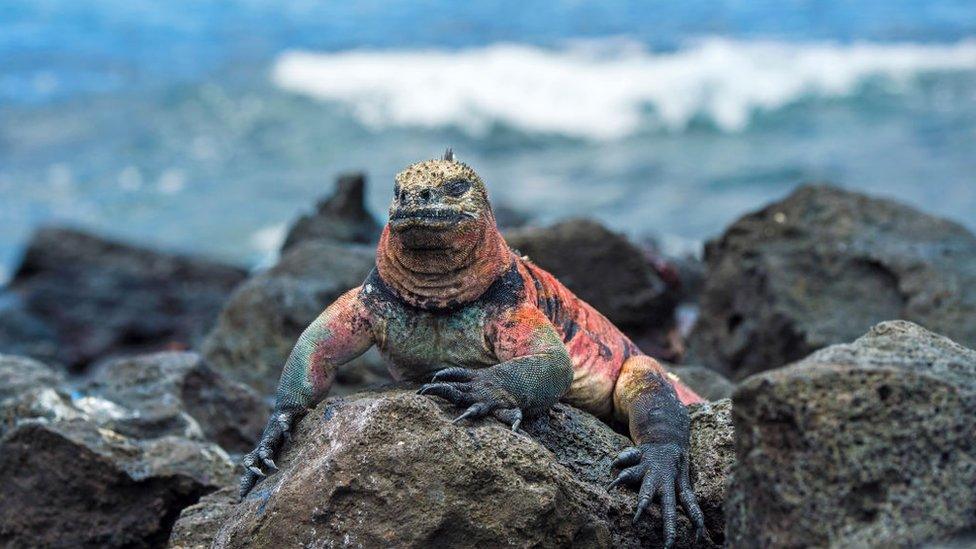
Ecuador's Galapagos Islands is a volcanic archipelago in the Eastern Pacific whose isolated terrain shelters a diversity of plant and animal species, many found nowhere else
Related topics
- Published7 February 2023
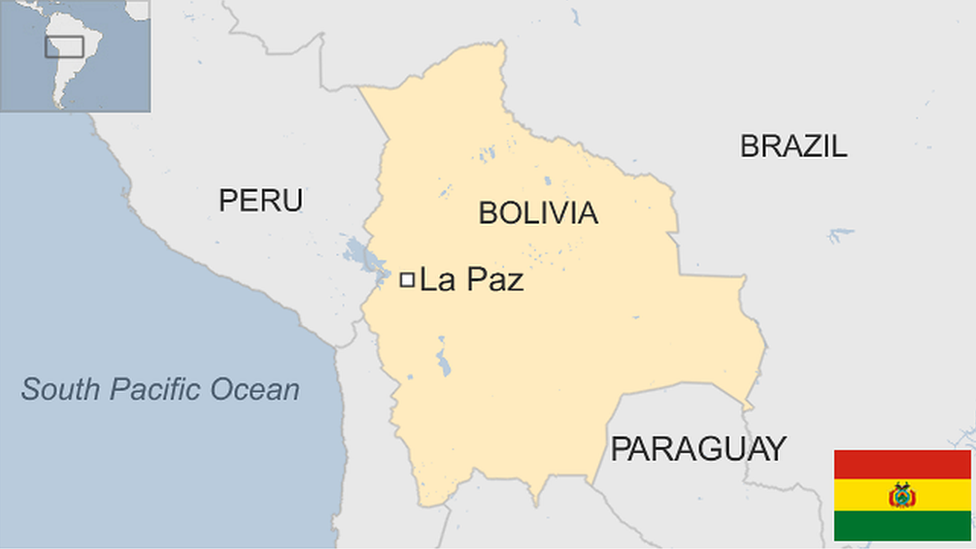
- Published4 September 2023
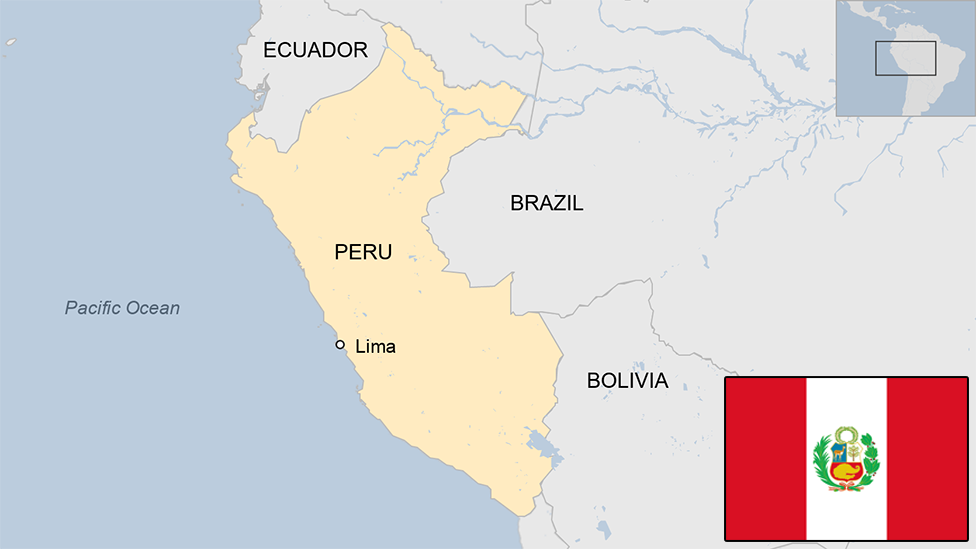
- Published14 February 2023
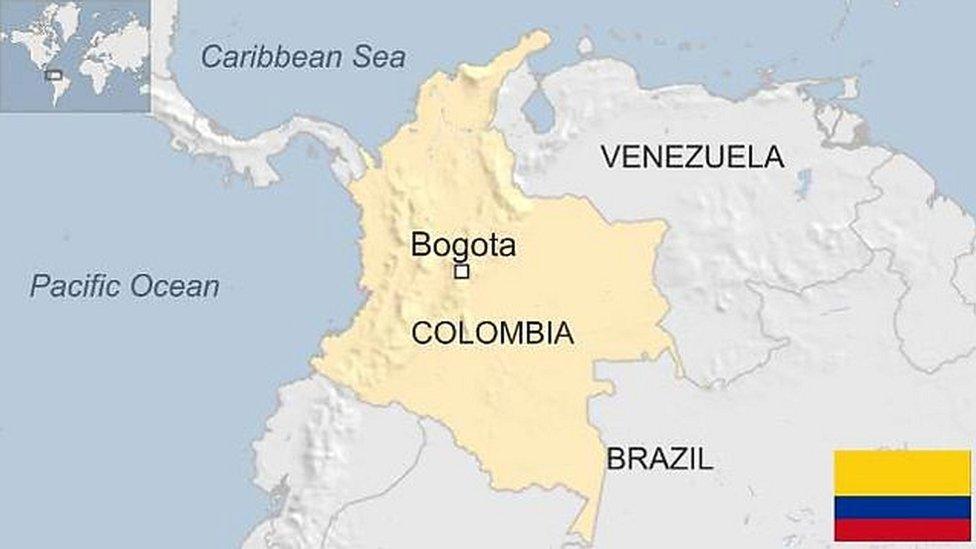
- Published9 September 2024
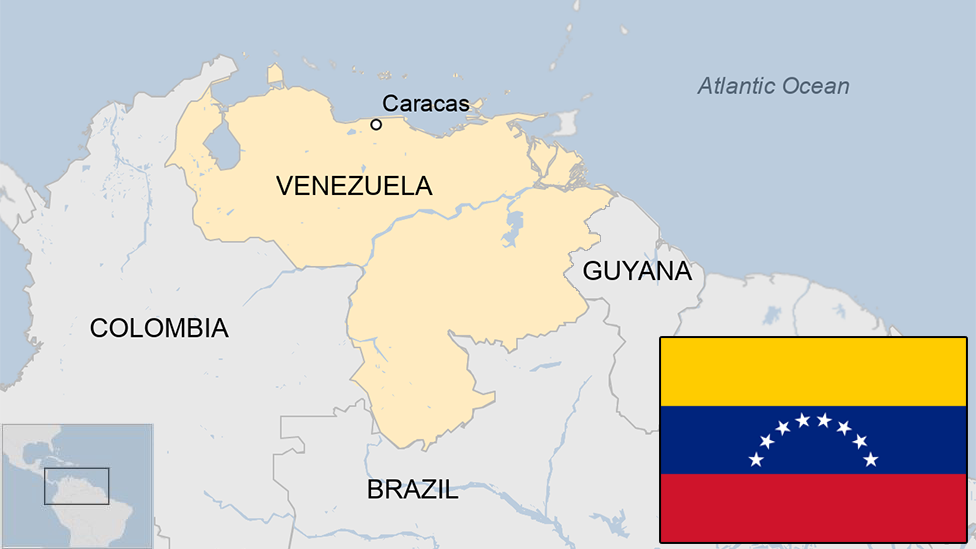
- Published2 June 2023
